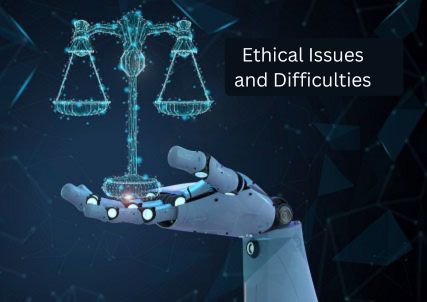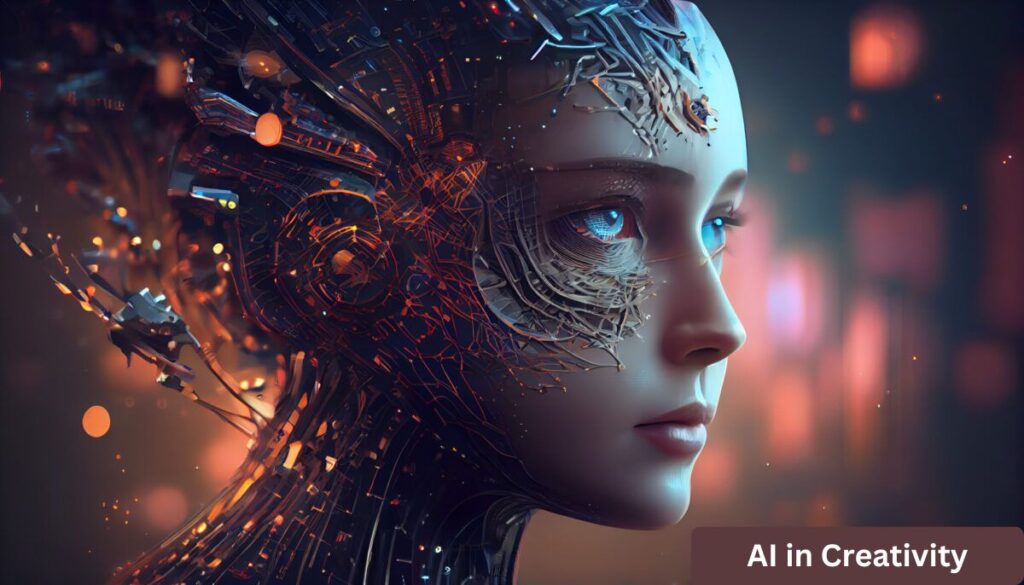In today’s fast-paced digital landscape, the phrase “What are the advantages of machine learning?” has become increasingly relevant. As technology evolves, so does our ability to analyze and interpret vast amounts of data, allowing for previously unimaginable innovations. In this article, we’ll explore the advantages of machine learning, demonstrating how it’s transforming various industries and improving our daily lives.
Understanding Machine Learning
Before diving into the advantages, it’s crucial to define machine learning. Machine learning is a subset of artificial intelligence (AI) that enables systems to learn from data, identify patterns, and make decisions with minimal human intervention. This capability is not just a technological trend; it’s a revolution that promises to enhance efficiency and productivity across multiple sectors.
Advantages of Machine Learning
So, what are the advantages of machine learning? Here are some key benefits that illustrate its transformative potential:
Enhanced Decision-Making
One of machine learning’s primary advantages is its ability to improve decision-making processes. Traditional methods often rely on human intuition and experience, which can be biased or limited. Machine learning algorithms analyze data precisely, uncovering insights that might be overlooked. For example, in healthcare, machine learning can predict patient outcomes by analyzing historical data, leading to more informed treatment decisions.

Automation of Repetitive Tasks
Another significant advantage of machine learning is the automation of repetitive tasks. Businesses can leverage machine learning to handle routine operations, freeing valuable human resources for more complex responsibilities. For instance, chatbots powered by machine learning can manage customer inquiries 24/7, providing instant responses and enhancing customer satisfaction without constant human oversight.
Improved Accuracy and Efficiency
When asking, “What are the advantages of machine learning?” it’s essential to consider the improved accuracy it brings. Machine learning models can process vast amounts of data faster and more accurately than humans. In fields like finance, machine learning algorithms can detect fraudulent transactions in real time, minimizing losses and enhancing security. This unparalleled efficiency level demonstrates the potential for machine learning to revolutionize industries.
Personalization
Personalization is a significant trend in today’s digital age, and machine learning is pivotal. Machine learning algorithms can provide tailored recommendations by analyzing user behavior and preferences, enhancing the user experience. For instance, streaming services like Netflix utilize machine learning to suggest shows and movies based on viewing habits, keeping users engaged and satisfied.
Predictive Analytics
Predictive analytics is one of the most powerful applications of machine learning. Organizations can use machine learning models to forecast trends and outcomes, allowing for proactive decision-making. For example, in retail, machine learning can predict inventory needs based on historical sales data, reducing waste and optimizing stock levels. This ability to anticipate future events is a critical advantage in today’s competitive market.
Scalability
Scalability is another vital advantage of machine learning. As data volumes increase, traditional data processing methods can need help. However, machine learning systems can scale effortlessly, adapting to larger datasets without significantly decreasing performance. This flexibility is crucial for businesses looking to grow and expand their data-driven initiatives.
Better Data Management
Managing this information effectively is crucial with the ever-growing amount of data generated daily. Machine learning algorithms can sort, classify, and analyze data more efficiently than manual methods. This capability saves time and enhances the quality of insights derived from data, leading to more informed decision-making.

Cost Savings
What are machine learning’s advantages when it comes to cost savings? Automating processes reduces the need for extensive human labor, cutting operational costs. For instance, companies implementing machine learning in their supply chain management can optimize routes and reduce fuel consumption, leading to significant savings. Over time, these cost efficiencies can dramatically impact a company’s bottom line.
Enhanced Security
In a world where cyber threats are becoming increasingly sophisticated, machine learning offers enhanced security measures. Machine learning algorithms can detect unusual patterns and flag potential threats in real-time. This capability is particularly beneficial in industries such as finance and healthcare, where data security is paramount. By identifying vulnerabilities quickly, organizations can mitigate risks more effectively.the advantages of machine learning
Continuous Improvement
Finally, one of the most compelling advantages of machine learning is its ability to improve continuously. As more data becomes available, machine learning models can refine their algorithms and enhance their accuracy. This self-improving nature ensures that businesses remain competitive and can adapt to changing market conditions.the advantages of machine learning
Conclusion
As we delve deeper into the digital era, the question “What are the advantages of machine learning?” becomes increasingly pertinent. From enhanced decision-making to cost savings, machine learning is poised to change how we approach problems across various sectors. Its ability to analyze vast amounts of data efficiently and accurately presents opportunities for innovation that can significantly benefit organizations and individuals alike.
FAQs About the Advantages of Machine Learning
What industries benefit most from machine learning?
Many industries benefit from machine learning, including healthcare, finance, retail, and technology. Each sector utilizes machine learning to improve efficiency, accuracy, and decision-making processes.
How does machine learning improve customer experiences?
Machine learning enhances customer experiences by providing personalized recommendations and automating customer service interactions. This leads to quicker resolutions and tailored services.
Can machine learning help with fraud detection?
Yes, one key advantage of machine learning is its ability to detect fraudulent activities in real time. Machine learning algorithms analyze transaction patterns to identify anomalies indicative of fraud.
What are the cost implications of implementing machine learning?
While there may be initial investment costs, the long-term savings from automating tasks and improving efficiency often outweigh these expenses. Businesses can achieve significant cost reductions through optimized operations.
How does machine learning contribute to data analysis?
Machine learning contributes to data analysis by processing large datasets more quickly and accurately than traditional methods. This allows organizations to derive valuable insights and make informed decisions based on data.
the advantages of machine learning
By exploring the advantages of machine learning, it becomes clear that its impact is far-reaching. As organizations continue to harness their power, the future of technology looks promising and full of potential. So, the next time someone asks, “What are the advantages of machine learning?” you’ll have a wealth of knowledge to share



